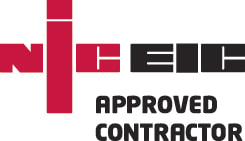As winter rolls in, more of us drag out extra heaters and lights to warm our rooms and brighten our work spaces. This is no problem at home, but at work, or in a rental property its a perfect time to make sure all our appliances are safe to use. SafeSwitch Electrical can advise Building Owners and other duty holders on their responsibilities and how to effectively meet them with PAT Testing, Contact us to see how we can help, 01223 226 106 or email: [email protected]
1 Comment
With so many electricians in Cambridgeshire it can be a challenge knowing who will provide the best service to you, the customer!
What can help you with this decision? An important first step is:
Electrical work within your home is covered by industry standards and a legal framework. Therefore, it is important to ensure that anyone working on your property understands and complies with these standards and regulations. The easiest way to do this is to use an Electrical Contractor registered with the NICEIC (National Inspection Council for Electrical Installation Contracting). Those registered are assessed annually and samples of their work are inspected. This, combined with their access to the latest training and support means you can be confident that an Electrician registered with the NICEIC will deliver a very high standard of work! SafeSwitch Electrical are proud to be registered with the NICEIC. For free advice and quotes for electrical work in your home, feel free to contact us here or call us on 01223 226106. Most people are well aware that water and electricity are a dangerous combination. With that in mind, electrical work in bathrooms needs to be approached with great care. In fact, according to Part P of the Building Regulations in England, almost all electrical work in most bathrooms must be notified to your local Building Control. (See Figure 1) The simplest and cheapest way to do this is to use an electrician registered with a Part P scheme such as the NICEIC. (If you're considering doing your own electrical work, please read our blog "Why Use A Professional Electrician?" before you decide.) In the following section, we've provided guidance for the following electrical equipment in bathrooms:
Specially designed shaver sockets (manufactured to comply with BS EN 61558-2-5) are the only exception to this rule but can still only be installed at least 600 millimetres distant horizontally from the edge of a bath or shower tray.
Are you unsure whether your bathroom’s electrics are safe or not? The simplest way to remove any doubt is to have an inspection completed by a registered electrician. Much like an MOT for your vehicle, an electrical inspection is a check of your home's electrics which will provide you with a comprehensive report of anything dangerous or not in line with modern safety standards. The correct name for this report is an "Electrical Installation Condition Report" or E.I.C.R. SafeSwitch Electrical can provide an E.I.C.R. for your entire home at a competitive price and take the time to explain the results to you so you can confidently decide what to do next. For more information, contact us. The preceding article is a summary of official consumer advice from the NICEIC - the leading electrical certifier. The original PDF can be downloaded below.
The video above was produced by Electrical Safety First - the leading UK charity campaigning for electrical safety. It formed part of their #DontDieForDIY campaign. It illustrates 2 of the 3 main things you should think about when deciding whether to do your own electrical work. 1. Electricity is extremely dangerous The word to remember is B.E.E.F. Electricity can cause:
2. DIY electrical advice can be unreliable The video above parodies typical internet DIY videos. Of course, in such videos the instructor usually does not come to any harm. So you might think it's safe to follow their advice. However, you should ask yourself some questions first:
Even if you are completely confident you can safely carry out your own electrical work it's important to know that some electrical work MUST be referred to your local public Building Control BEFORE work begins. They will then arrange for your work to be inspected to ensure it is safe and complies with the Building Regulations. Such work includes:
4. Would you prefer to hire a professional electrician? If you decide you do not want the risk or the hassle of doing your own electrical work, you can avoid both by hiring a professional electrician. SafeSwitch Electrical are registered with the NICEIC. We are regularly assessed to ensure that all our work is to a high standard and complies with all relevant regulations. For peace of mind about your electrical work, feel free to contact us.
Does my property NEED rewiring? The best way to find out whether a property needs rewiring is to have an inspection (sometimes known as a "periodic inspection") carried out by a qualified electrician. After doing this, your electrician should issue you with an Electrical Installation Condition Report (EICR) detailing everything about your electrical system - including any deterioration or things not in accord with modern safety standards. Your property also might require a rewire if:
What does the work involve and how long will it take? A full rewire will involve a large amount of disruption to the fabric of the property - sometimes including lifting floor coverings and skirting boards, and cutting channels in walls and ceilings. On average, a full rewire can take between 5-10 days. It does of course depend on the size of the property and the extent of the work to be done. A full rewire is a great opportunity to upgrade your electrics to the latest safety standards. It also gives you the opportunity to install those extra sockets and switches you may have been missing or even install up-to-the-minute security, entertainment and home automation technology. Who should carry out the work? The simplest way to have a full rewire carried out to the latest safety standards is to use an electrician registered with the NICEIC - the foremost electrical certifier. Such electricians are regularly assessed to ensure high standards of workmanship and that the work is always in line with safety regulations. In addition, all NICEIC electricans are covered by the Platinum Promise. This means if any work is found to be non-compliant, the NICEIC can instruct the electrician to go back and complete the work to the required standard or have another contractor complete the work at no extra cost to you. This covers installations up to 6 years old and up to a maximum value of £25,000. What next? If you're still considering whether a rewire is right for your property, why not contact SafeSwitch Electrical to arrange an inspection? With no obligation, you could get an update on the condition of your property's electrics to help you make an informed decision. If you decide a rewire is the right thing for your property, feel free to get in touch for a free quotation.
|
SafeSwitch ElectricalFollow our blog for easy, concise electrical advice for homeowners and landlords. Archives
November 2018
Categories |
||||||||||||||
|
Opening Hours: Mon - Fri Office Hours
Terms Of Service |
Find USSafeSwitch Electrical Ltd
28 Chesterfield Road, CAMBRIDGE CB4 1LN Email: [email protected] Phone : 01223 226 106 |
privacy Policy |
Copyright © 2020 SafeSwitch Electrical Limited
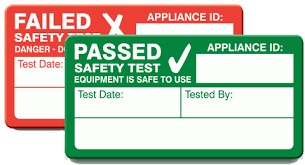
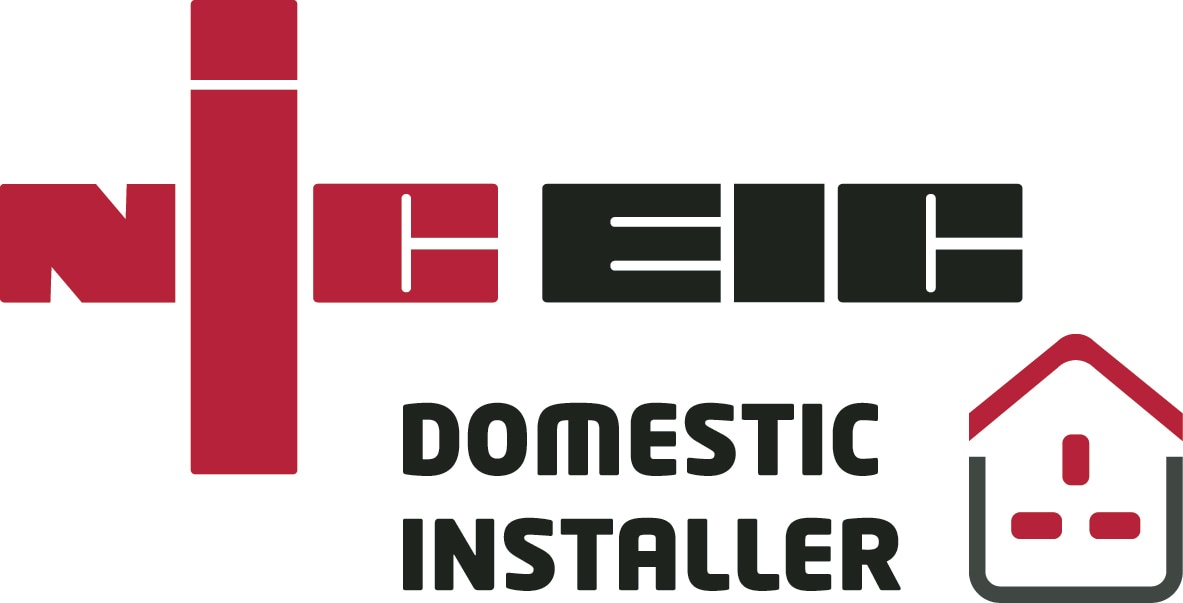

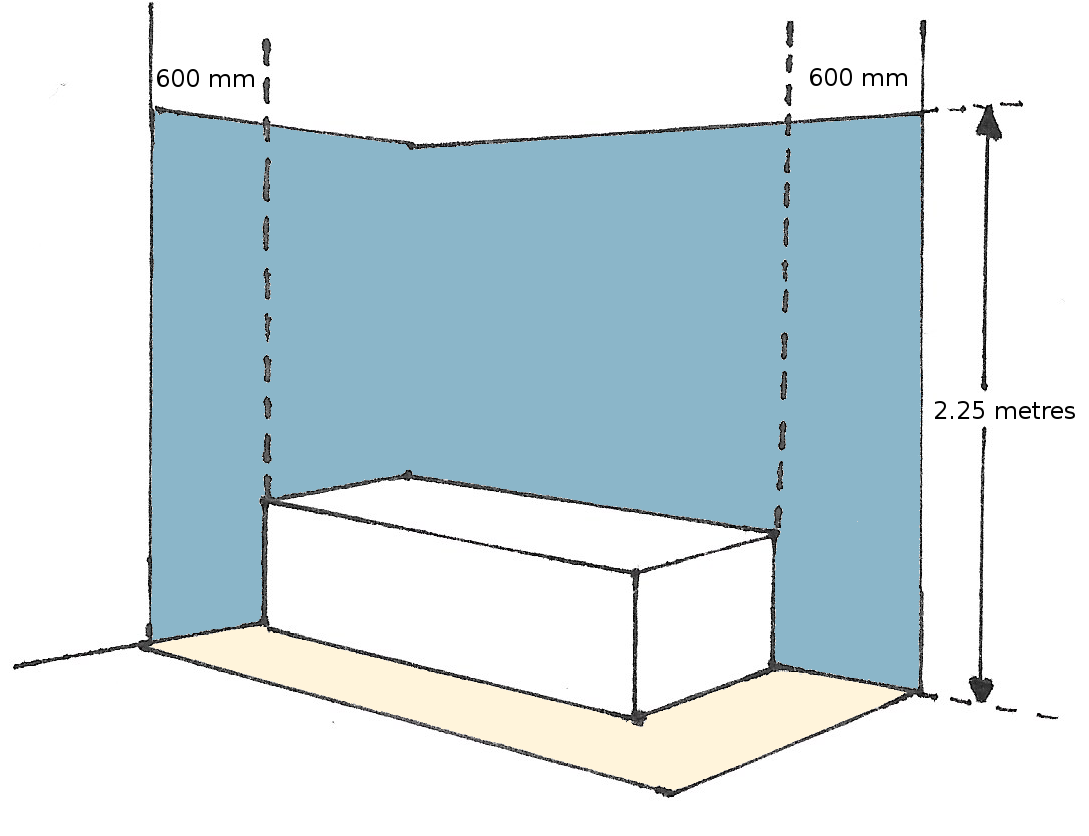
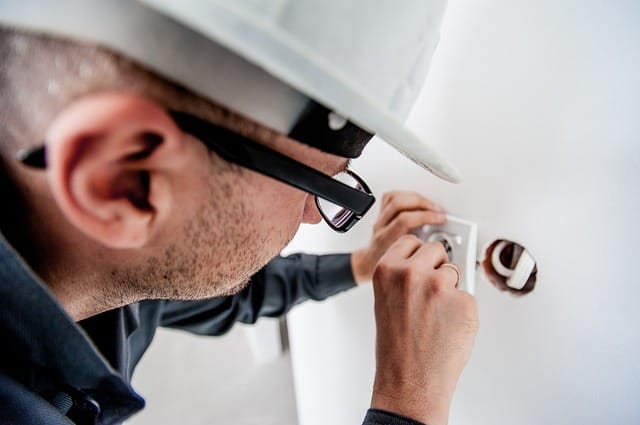
 RSS Feed
RSS Feed
